MICHAEL YOUNG
The war in Yemen drags on, but there are actually some winners. In terms of human costs, the Yemen war is a picture of unmitigated loss: millions of Yemenis facing starvation; over 17,000 killed or wounded; an infrastructure in ruins, with hospitals, clinics, schools, factories, homes, and even universities bombed; indiscriminate aerial attacks and artillery shelling of civilians, exposing commanders of warring parties to criminal liability; and Saudi Arabia’s global reputation—despite an army of public relations firms working feverishly on its behalf—in tatters.
However, the Yemen war has been a huge financial boon for American and British defense contractors (and their shareholders). Raytheon, General Dynamics, and BAE Systems are awash in tens of billions of dollars from arms sales to their rich clients, Saudi Arabia and the United Arab Emirates. They astutely spend a fraction of their profits to lobby their own governments to approve these sales, despite the overwhelming evidence of repeated misuse of these weapons in unlawful attacks that should lead to a ban on such activity. Fear of lost arms sales is today America’s pathetic basis for certifying that the Saudi-led coalition is “working to minimize civilian casualties.”
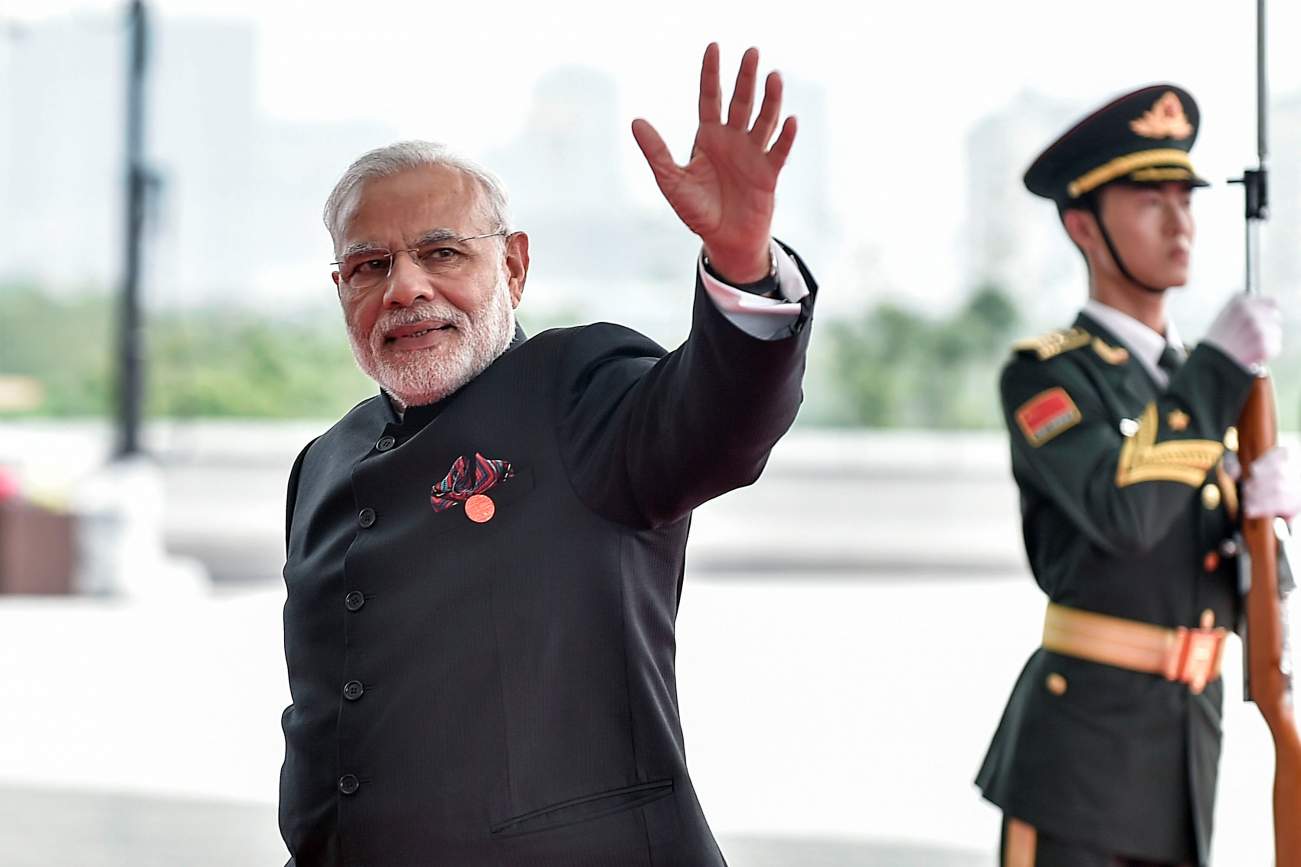 The People’s Republic of China and the Republic of India engaged in an armed standoff on the Doklam Plateau from June to August 2017. The tension between the two countries began ratcheting up when the People’s Liberation Army (PLA) began building a road southward into Tibet on June 16, 2017. This drew a response from the Indian army, which sent small units to the area to stop the construction two days later. Although that incident did not end in war, what would have happened if the PLA continued extending the road southward and the Indian’s responded with a show of force?
The People’s Republic of China and the Republic of India engaged in an armed standoff on the Doklam Plateau from June to August 2017. The tension between the two countries began ratcheting up when the People’s Liberation Army (PLA) began building a road southward into Tibet on June 16, 2017. This drew a response from the Indian army, which sent small units to the area to stop the construction two days later. Although that incident did not end in war, what would have happened if the PLA continued extending the road southward and the Indian’s responded with a show of force?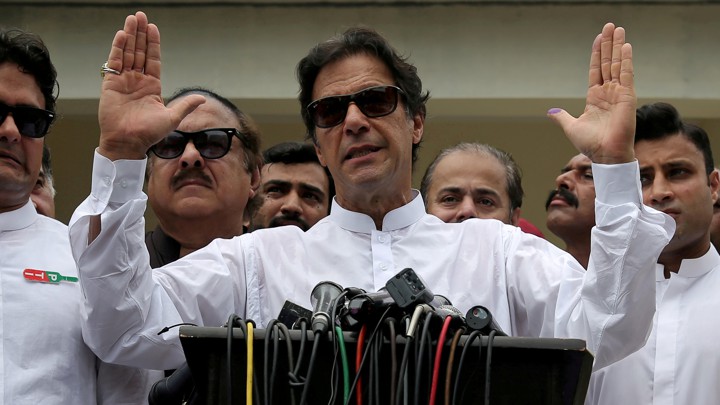
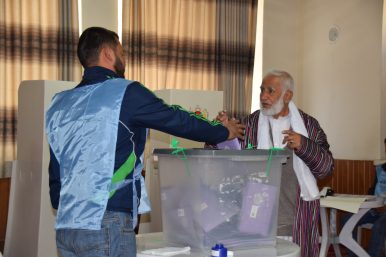
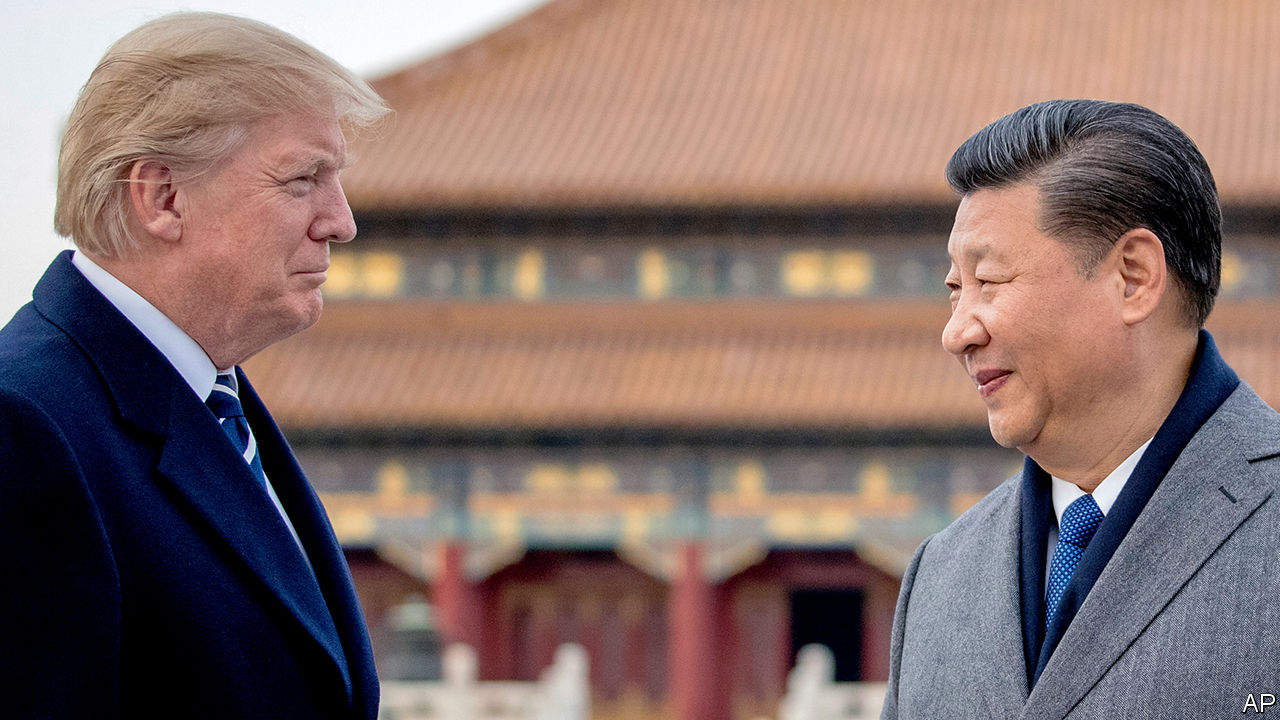

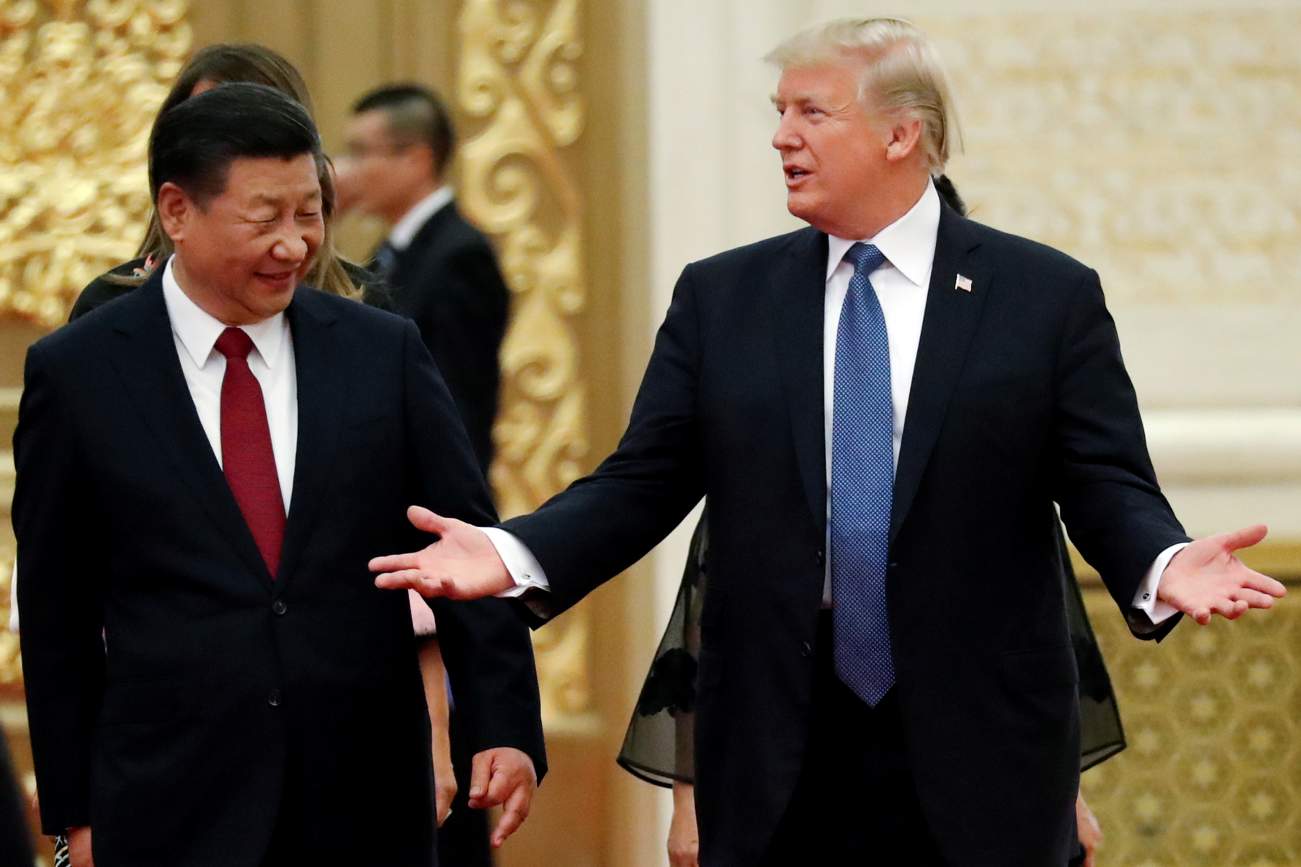
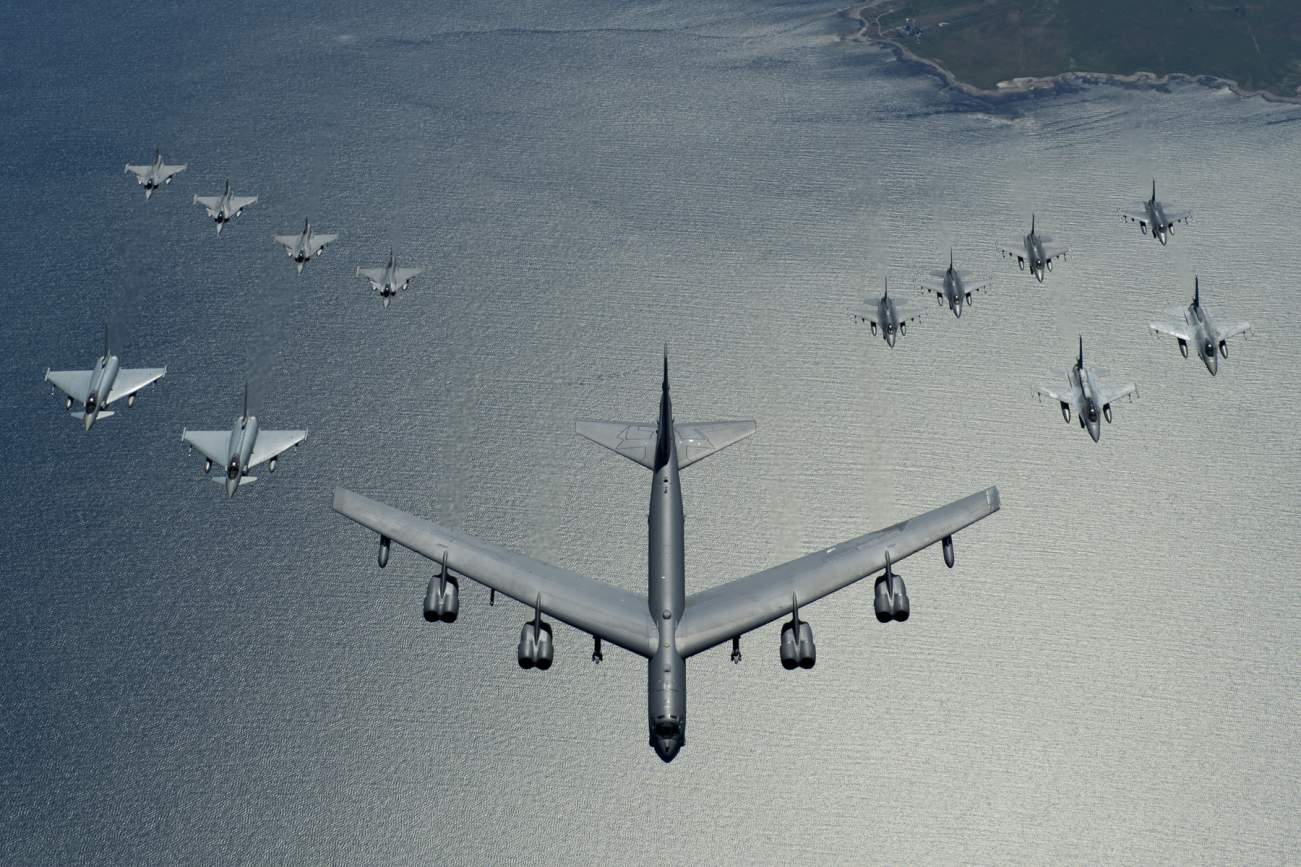
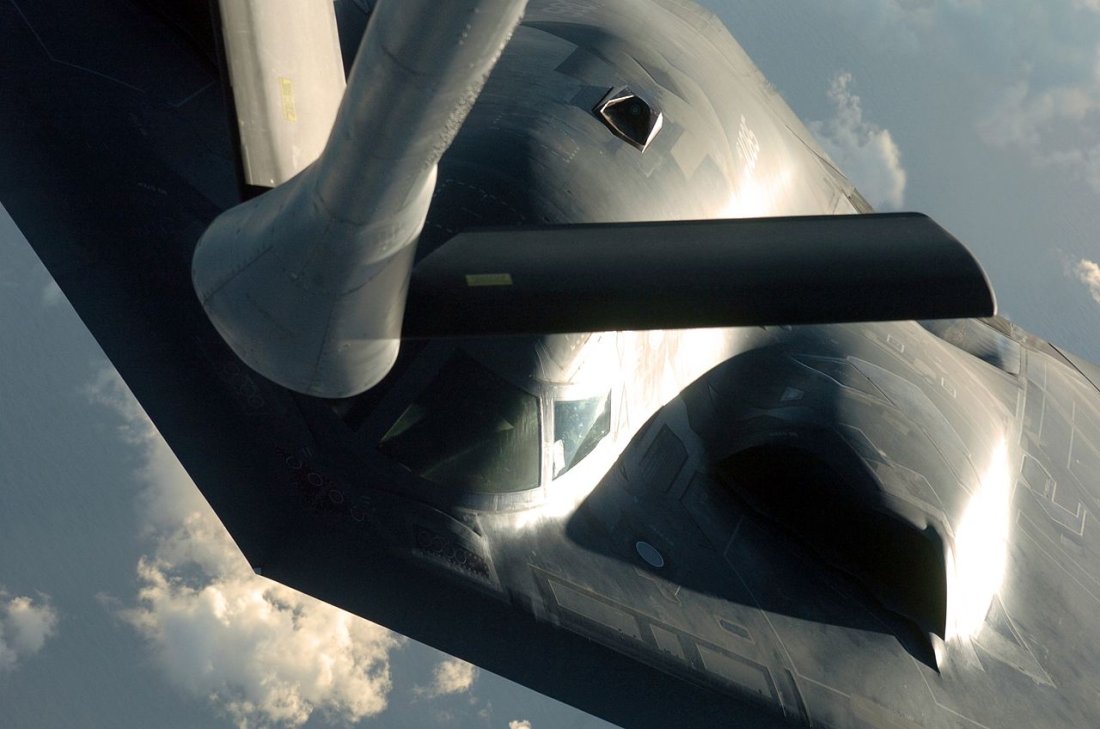

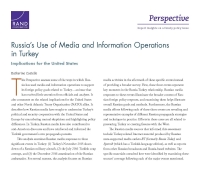




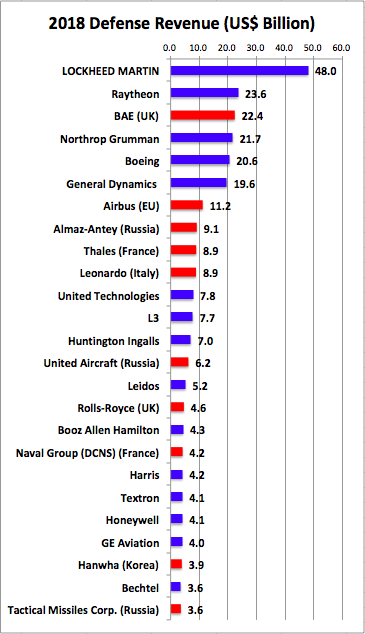
/arc-anglerfish-arc2-prod-mco.s3.amazonaws.com/public/L7QK66HQ4RHPTL5MCCWILYERJQ.jpg)



